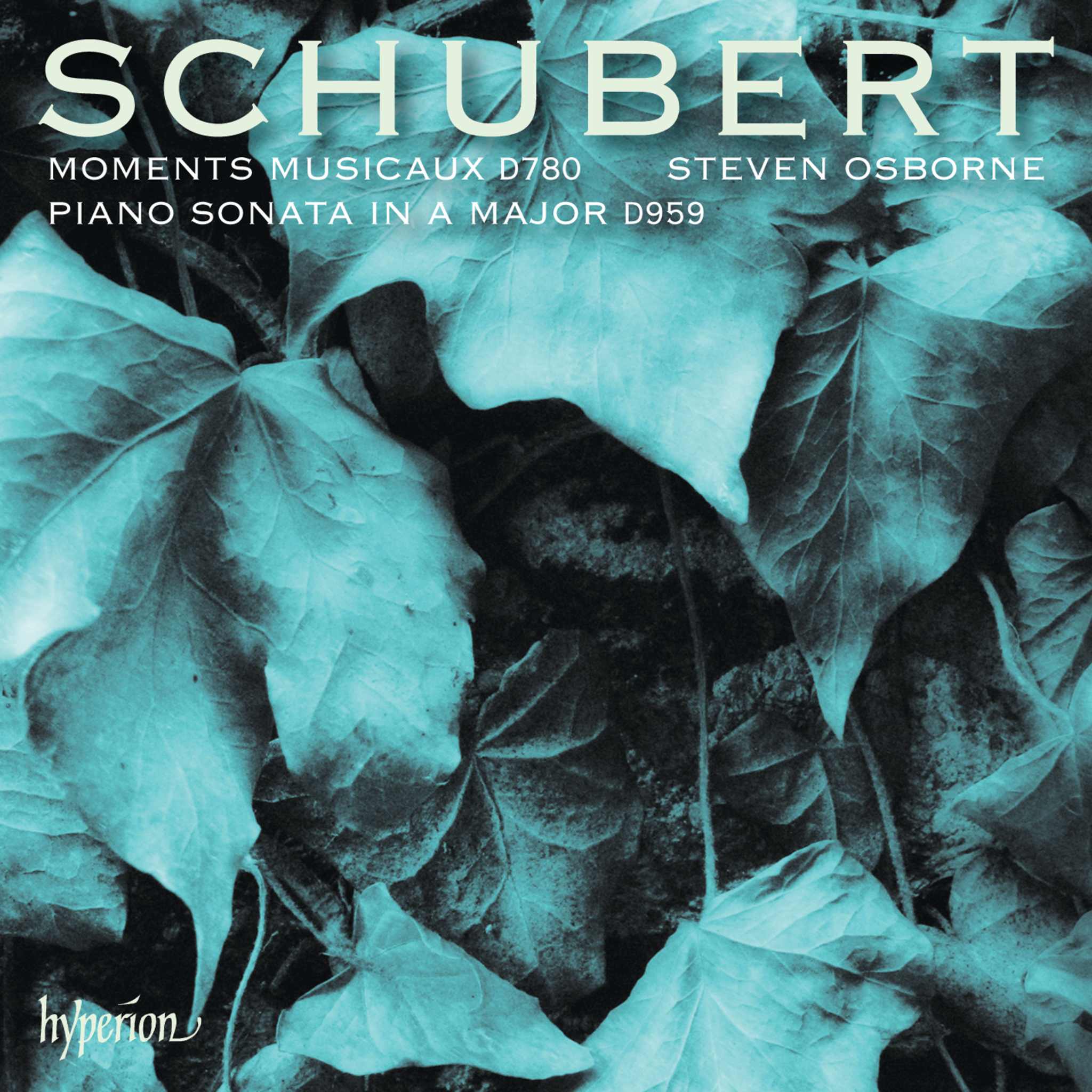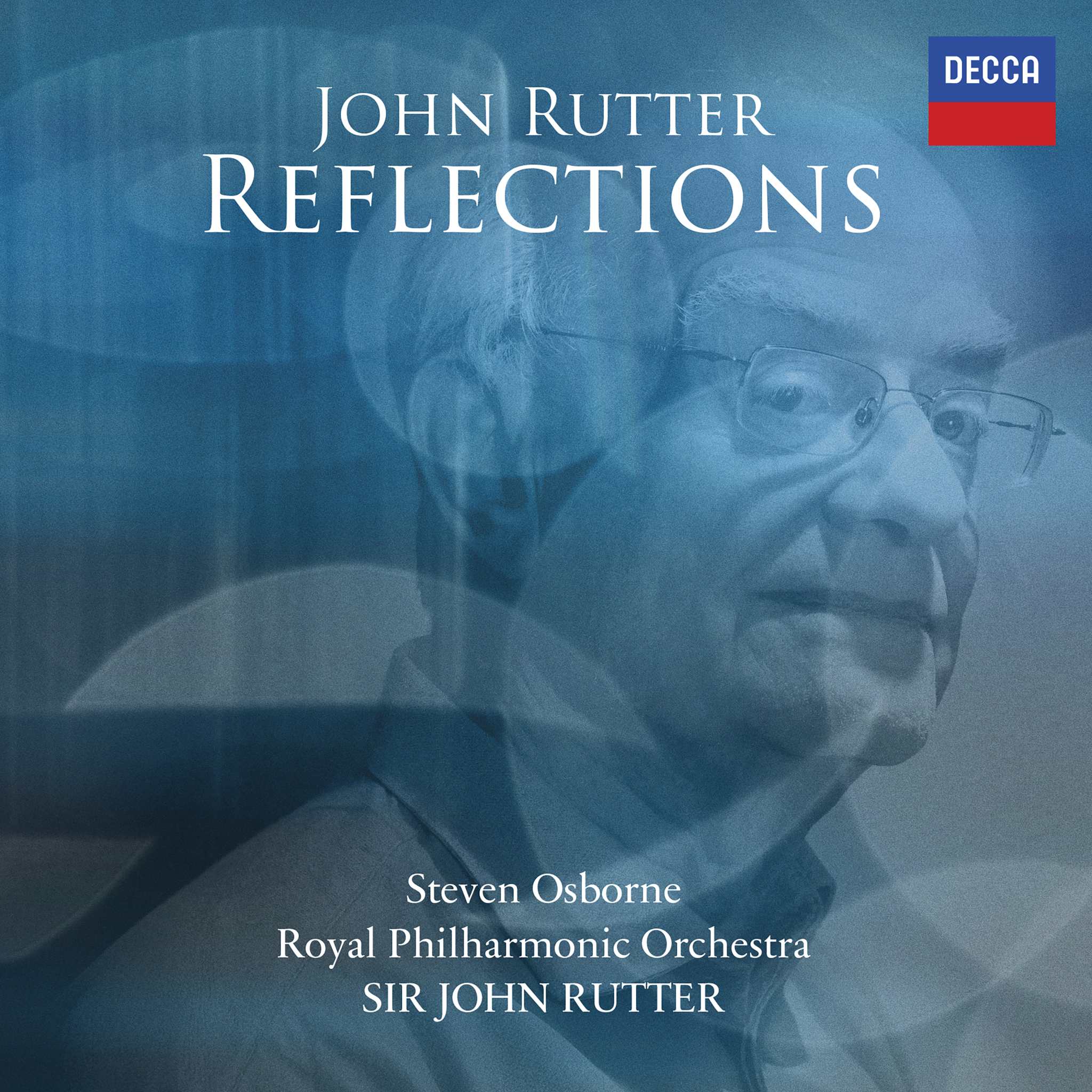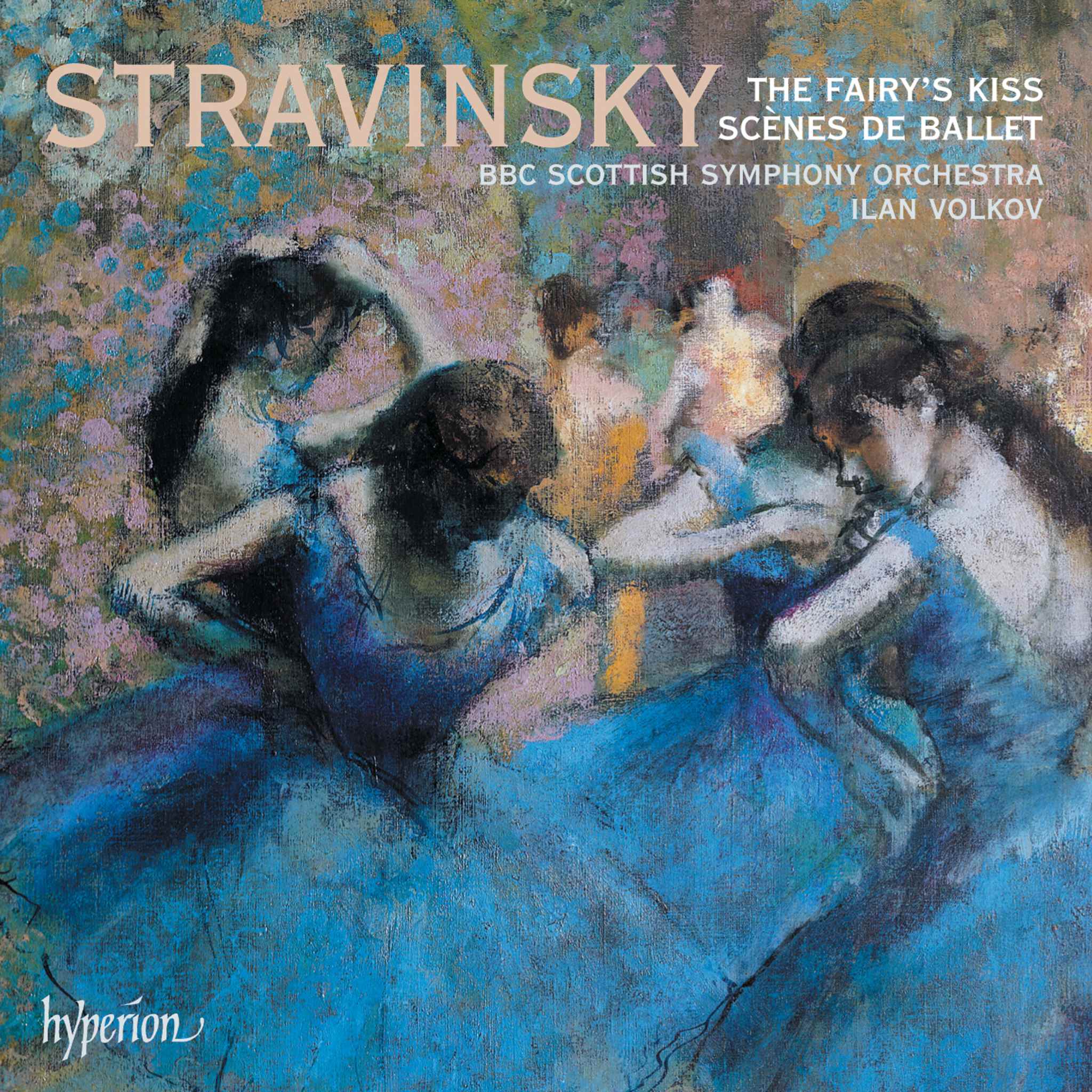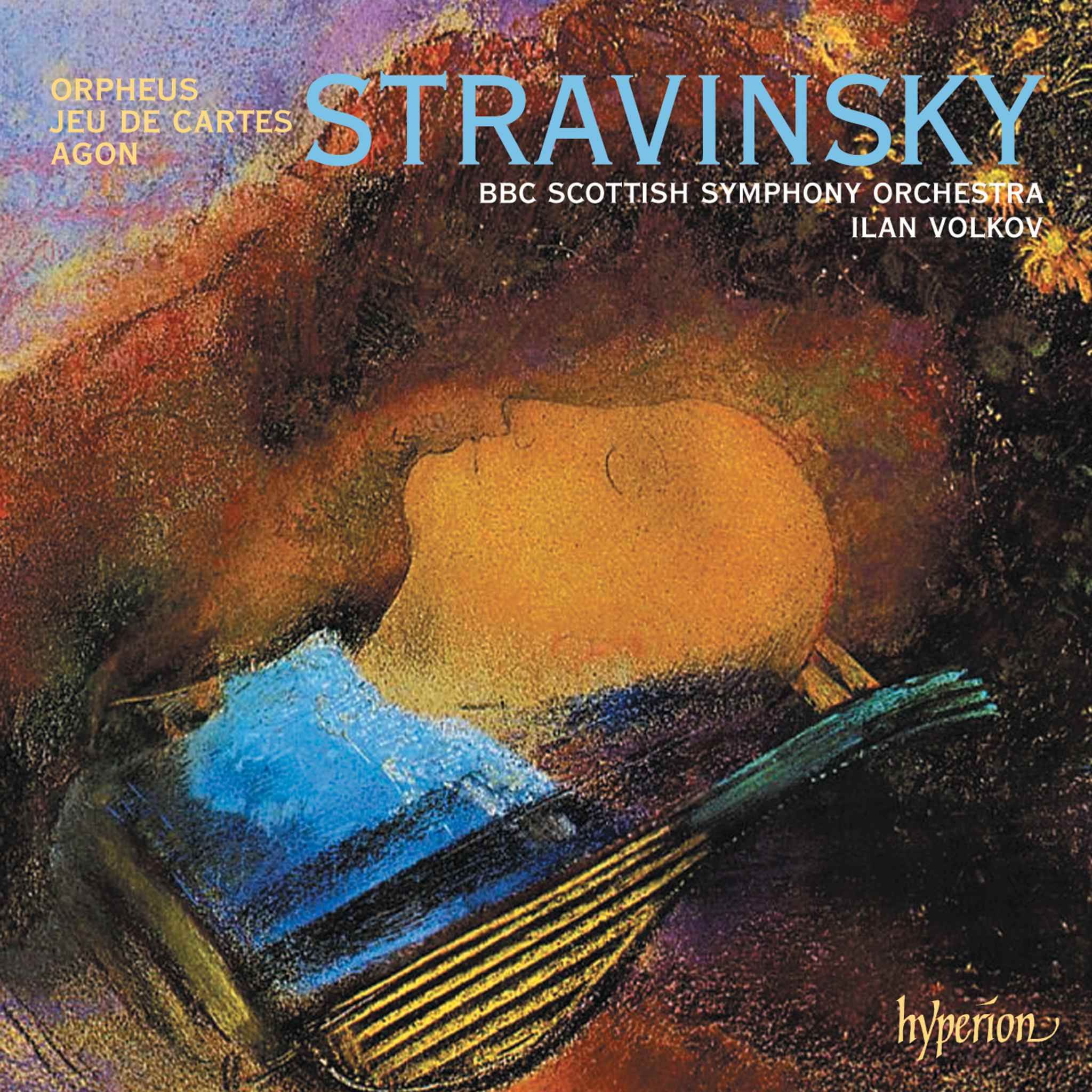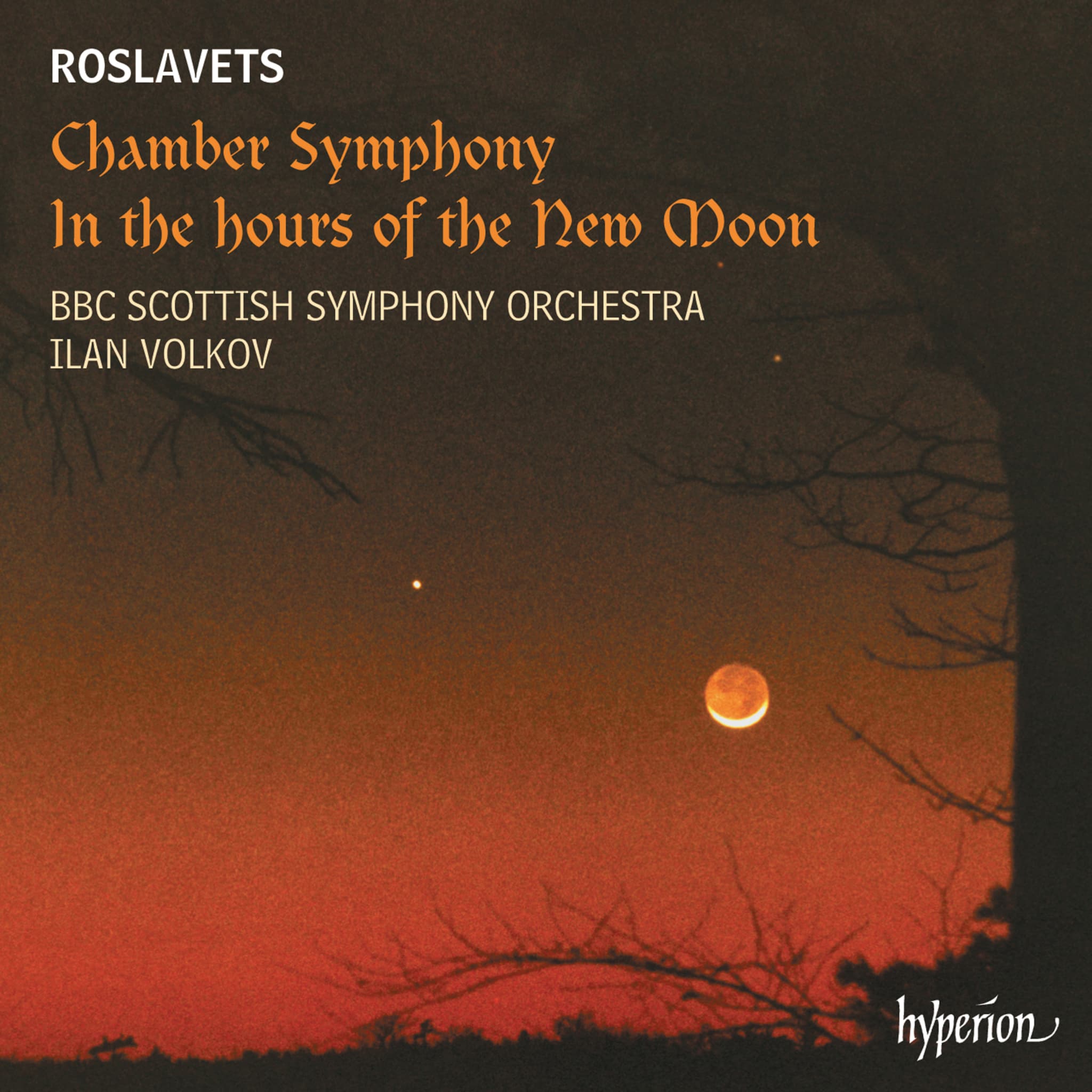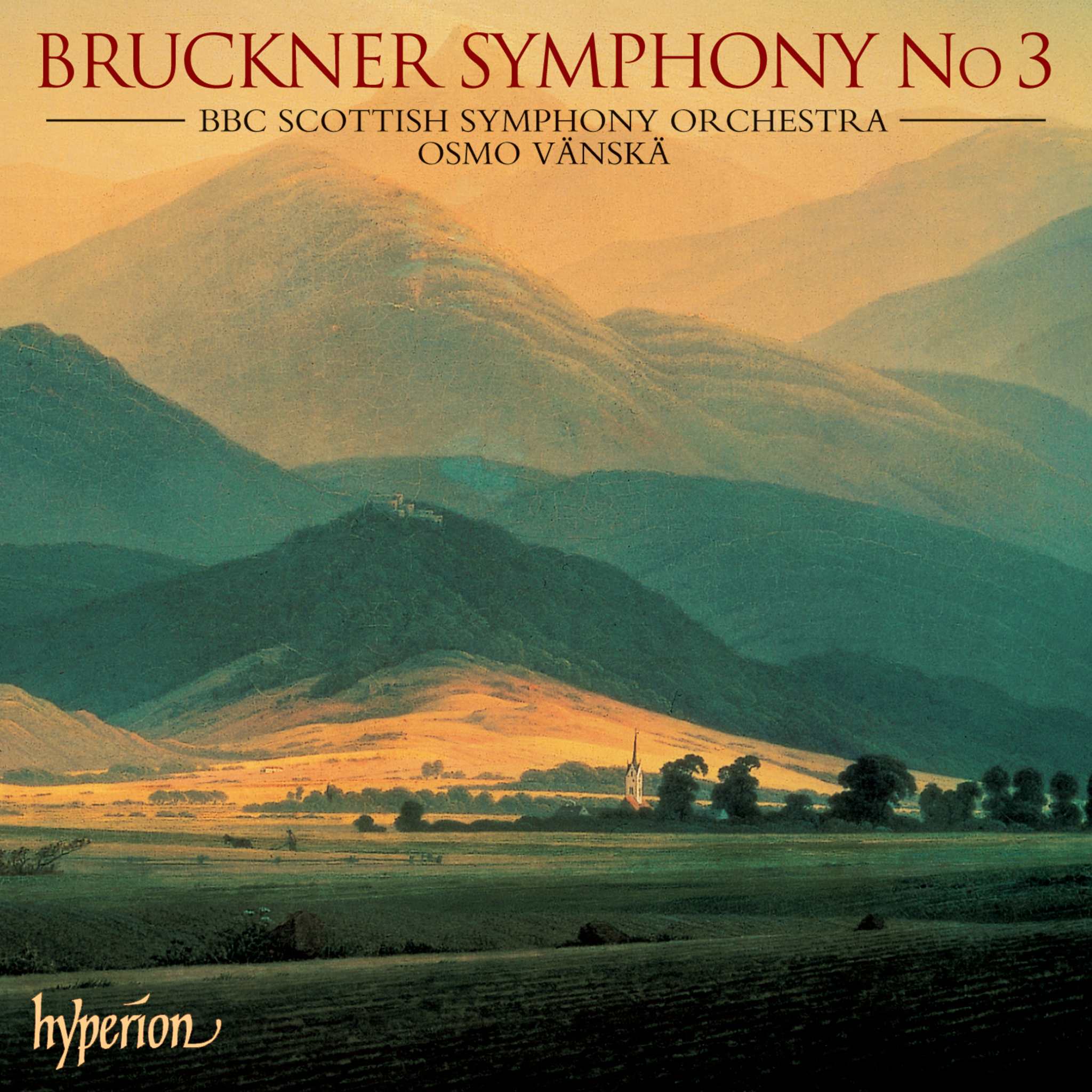Igor Strawinsky Igor Strawinsky war vom Beginn seiner Kindheit bis zu seinen letzten Lebensjahren eng mit dem Klavier verbunden und arbeitete selbst noch kurz vor seinem Tod 1971 an Skizzen zu einer Klaviersonate. Seine Werke für Klavier wurden häufig als Vorläufer seiner berühmteren Orchesterkompositionen betrachtet. Strawinsky selbst sah das Klavier als Mittelpunkt seiner musikalischen Entwicklung an. Dennoch erfahren seine Klavierstücke oft weniger Anerkennung als große Werke wie das Frühlingsopfer oder die Psalmensymphonie, obwohl sie bedeutende Beiträge darstellen und zugleich seine kompositorische Weiterentwicklung veranschaulichen.
Das Lied der Wolgaschlepper, das Strawinsky für Bläser und Schlagwerk arrangierte, spiegelt den traditionsreichen Geist einer unbeugsamen Nation wider. Während seines Aufenthalts in der Schweiz im Ersten Weltkrieg entwickelte Strawinsky eine starke Sehnsucht nach seiner russischen Heimat, die er durch Bearbeitungen von Kindheitslegenden musikalisch ausdrückte. Für Sergei Djagilew fertigte er eine Bearbeitung der Wolga-Melodie an, um die russische Nationalhymne zu ersetzen, und ergänzte diese Fassung zudem um ein Klavierarrangement.
Strawinsky wirkte nicht nur als Komponist und Dirigent, sondern trat über nahezu drei Jahrzehnte hinweg auch als reisender Konzertpianist auf. Seine Klavierkompositionen, oft von ungewöhnlicher und anspruchsvoller Machart, galten als technisch herausfordernd. Um seine Fähigkeiten am Klavier weiterzuentwickeln, investierte er viel Zeit ins Üben. Die exklusiven Aufführungsrechte seiner Klavierwerke behielt Strawinsky häufig selbst, um zu verhindern, dass andere Interpreten sie zu stark emotional ausschlachteten.
Im berühmten Oktett für Bläser von 1923 kommen die von Strawinsky geschätzten klaren und prägnanten neoklassizistischen Qualitäten besonders zur Geltung. Direkt danach entstand das Konzert für Klavier und Blasinstrumente, das nicht nur die Virtuosität des Klaviers hervorhebt, sondern auch Strawinskys Faszination für Jazz und Ragtime widerspiegelt. Das Werk endet mit einer Note französischer Noblesse.
Das Capriccio für Klavier und Orchester, von Strawinsky selbst am Klavier gespielt und von Ernest Ansermet dirigiert, ist ein weiteres wichtiges Werk dieser Zeit. Charakteristisch sind seine lyrischen Passagen, die Anklänge an frühere Kompositionen enthalten. Später fand das Capriccio auch Eingang ins Repertoire des New York City Ballet.
Mit dem 1959 entstandenen serialistischen Stück Movements für Klavier und Orchester schuf Strawinsky eines seiner komplexesten Werke, in dem serielle Techniken mit einer pointillistischen Orchesterbehandlung kombiniert werden und das Klavier eine zentrale Rolle übernimmt.
Das von Paul Sacher für das Basler Kammerorchester in Auftrag gegebene Konzert in D für Streichorchester demonstriert Strawinskys Auseinandersetzung mit den klanglichen Möglichkeiten eines Streichensembles. Dieses Werk mit drei Sätzen steht exemplarisch für den neoklassizistischen Stil des Komponisten und offenbart seine charakteristische Spannung und Entladung.
Schließlich belegt der Kanon auf eine russische Volksweise Strawinskys meisterlichen Umgang mit kanonischen Formen – das Stück ist als Hommage an seinen verstorbenen Freund Pierre Monteux zu verstehen.






